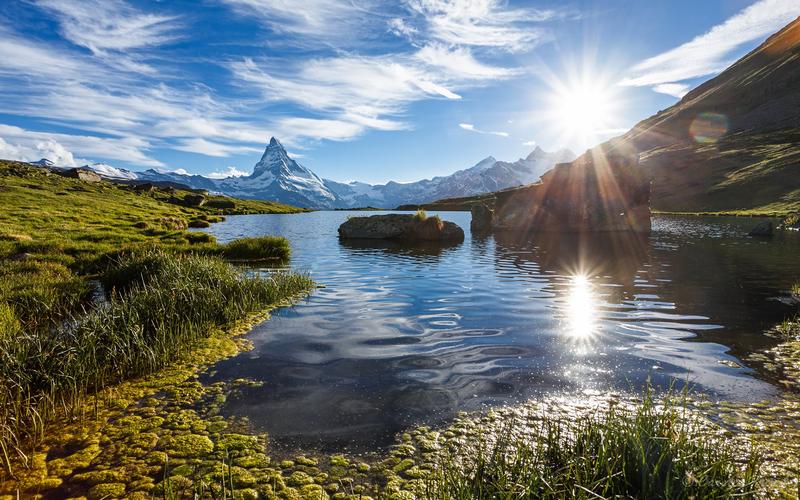5 Essential Tips for Backpacking Food Storage
Backpacking is a fantastic way to explore remote and beautiful locations, but it requires careful planning, especially when it comes to food storage. Proper food storage is vital to keep you safe and healthy while on the trail. Here are five essential tips for backpacking food storage that every hiker should follow.
1. Choose the Right Containers
Your food storage containers should be lightweight, durable, and airtight. Regular plastic bags are not suitable for long hikes, as they can easily tear and don’t protect your food from moisture, insects, and wildlife. Instead, consider investing in high-quality containers made of aluminum, stainless steel, or plastic designed specifically for backpacking. These containers are lightweight, waterproof, and will protect your food from bears, rodents, and other wildlife.
2. Plan Your Meals
Planning your meals in advance is a crucial step in backpacking food storage. You need to ensure that you have enough food to sustain yourself for the entire trip, but you also need to keep your backpack as light as possible. Create a meal plan for every day of your trip, and make sure each meal includes a balance of protein, carbs, and healthy fats. Binging on junk food can lead to energy crashes, making the hike much more challenging.
3. Keep Your Food Secure
Securely storing your food will help prevent wild animals from getting into it. Make sure your containers are sealed tightly and keep them in your tent or a bear canister. Never store food in your tent at night, as this can attract wildlife. If there are no bear canisters available, you can store your food and toiletries in a bear bag and hang it high in a tree away from your tent.
4. Pack Portable Snacks
High-energy and portable snacks, such as energy bars, nuts, and dried fruit, are ideal for backpacking. They are lightweight and provide a quick energy boost when you need it the most. You can also bring jerky, nut butter, and cheese for added protein. Make sure you portion everything ahead of time to avoid overeating.
5. Store Food Away from Water Sources
Never store your food near water sources, as this can contaminate the water and attract unwanted visitors. Always store your food and cooking equipment at least 200 feet away from streams, rivers, and lakes. If you need to wash your utensils or dishes, do so away from the water source, and use biodegradable soap.
Conclusion
Proper food storage is essential to any backpacking trip, and these five tips will help keep you safe and well-nourished on the trail. Choosing the right containers, planning your meals, keeping your food secure, packing portable snacks, and storing your food away from water sources will ensure you have a successful and enjoyable adventure. Remember to follow Leave No Trace principles and always leave the wilderness better than you found it. Happy hiking!
(Note: Do you have knowledge or insights to share? Unlock new opportunities and expand your reach by joining our authors team. Click Registration to join us and share your expertise with our readers.)
Speech tips:
Please note that any statements involving politics will not be approved.
